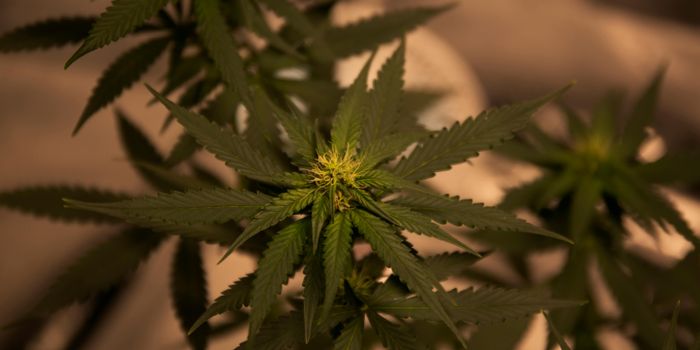Prenatal CBD and THC Linked to Developmental Changes
Exposure to tetrahydrocannabinol (THC) and cannabidiol (CBD) in the womb leads to abnormal developmental change in rats, including disrupted growth rates and behavioral effects.The findings build upon other studies that link cannabis use during pregnancy to low birth weight and changes in cognition and behavior. The corresponding study was published in Neurobiology of Disease.
Pregnant women increasingly use cannabis to treat pregnancy-related symptoms such as anxiety, depression, and nausea. It is often assumed to pose little risk to fetal development as it is a ‘natural product’. Nevertheless, studies show that THC crosses the placenta into fetal circulation and is linked to negative outcomes such as fetal growth restriction, altered neuronal activity, and sex-specific cognitive and affective deficits in later life.
Like THC, CBD also crosses the placental barrier into fetal circulation. Although CBD has also been shown to affect maternal-fetal outcomes and lead to postnatal dysmetabolism, its effects on neurodevelopment remain unknown. In the current study, researchers investigated the effects of THC and CBD exposure on developmental outcomes in rats.
To do so, they exposed pregnant rats to daily doses of THC, CBD or a combination of both compounds for almost an entire pregnancy. Ultimately, exposure to THC and CBD individually was linked to low birth weight, and exposure to THC and CBD together was linked to even lower birth weights.
Although growth rates recovered by adolescence, some pups went on to display sex-specific behavioral changes. For example, male but not female rats exposed to THC in the womb developed impaired cognitive behavior in adolescence.
Meanwhile, both male and female rats exposed to CBD during pregnancy showed signs of neuropsychiatric issues. Whereas female offspring exposed to prenatal CBD alone and CBD and THC together displayed anxiety-like behavior, males exposed to THC and CBD showed impulsivity-like behavior.
These changes were linked to sex and treatment-specific changes in neuronal activity and gene transcription in various parts of the brain, which are linked to affective and cognitive development.
“In contrast to the popular belief that CBD is safe for use in pregnancy, CBD alone produced distinct long-term neuropsychiatric effects and did not mitigate the consequences of prenatal THC. These findings have particular relevance for long-term neuropsychiatric risk since many neuropsychiatric disorders have their pathophysiological origins during adolescence,” wrote the researchers in the paper.
Sources: Neurobiology of Disease, Science Alert









